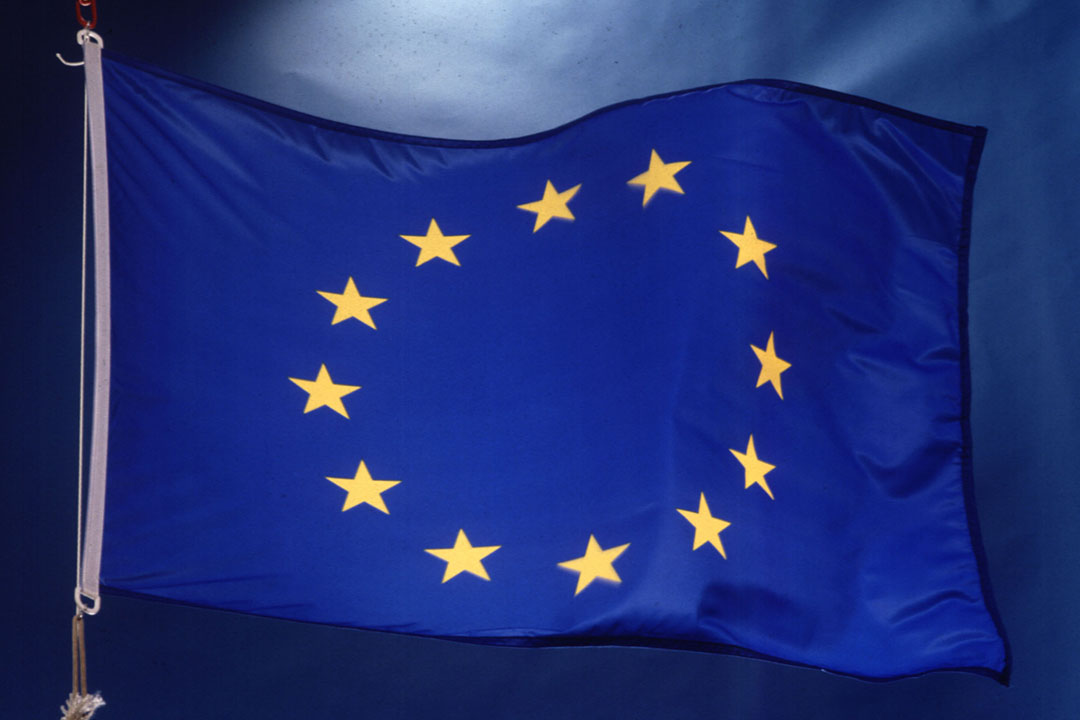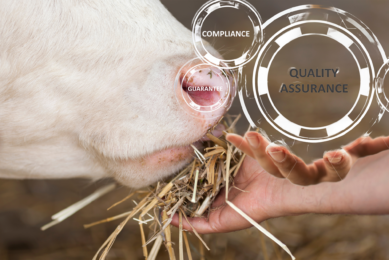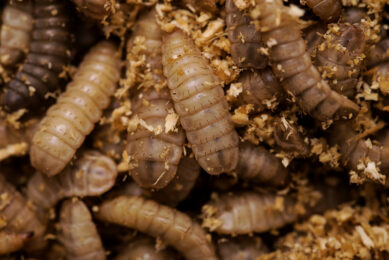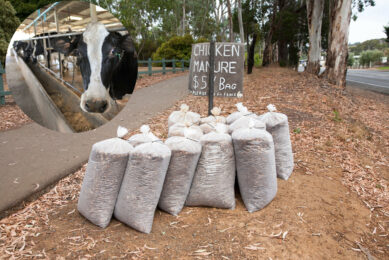RASFF alert for coated calcium chloride

Coated calcium chloride from Belgium is possibly contaminated with dioxins and dioxin-like PCBs.
The products were notified in the Rapid Alert System for Food and Feed (RASFF) from the European Union by a company, followed by an own check. The notification indicates that the products significantly exceeded the maximum permissible level of dioxin in coated calcium chloride allowed by law in products of Belgian origin.
This is why GMP+ International, a global player in feed safety assurance certification, requests all GMP+ certified companies to be on the alert for possible contamination with dioxins and dioxin-like PCBs of coated calcium chloride from Belgium.
Details: The publication of this notification is in response to EWS notifications from GMP+ participants.
Product: Calcium chloride with fat coating
Contaminants: Dioxin and sum of dioxins and dioxin-like PCBs
Levels detected: The results of several samples vary for dioxin to 6,56 ng/kg and for dioxins and dioxin-like PCBs to 6,67 ng/kg
Feed safety limit: Dioxin: 0,75 ng/kg
Sum of dioxins and dioxin-like PCBs: 1,5 ng/kg
Origin: Belgium
Distribution: According to the information presently available the product was distributed to buyers in the Netherlands and Belgium. At present it is unknown whether there are other deliveries involved in this notification
Cause: Unknown
The Belgium company Kemin confirmed that its coated calcium chloride product (NutriCAB™) is not affected by the recent RASFF alert. According to a press statement from Kemin, the company has been in close contact with the Belgian Federal Agency of the Food Chain immediately after the RASFF notification was released, and it has received confirmation that Kemin’s NutriCAB is not within the scope of this Rapid Alert. As part of its strict quality assurance, Kemin applies a raw material risk assessment programme to exclude risks of finding undesirable substances in its final products.
Only 4 notifications in feed in 2017
According to the RASFF annual report 2017, 12 notifications were reported on levels of dioxins exceeding the EU limit. Only 4 concerned feed materials, with levels found not far exceeding the legal limit. Also the levels reported in the notifications related to feed additives, premixes and compound feed were not alarmingly high. The total number of dioxin notifications in 2018 is not known yet.











